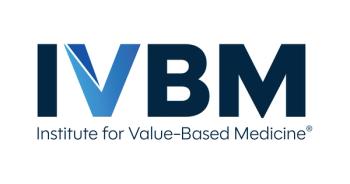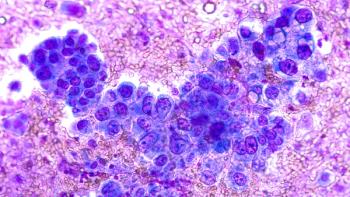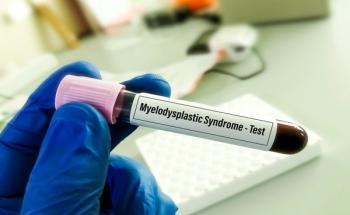
The Top 5 Most-Read Precision Oncology Articles of 2020
A top-5 roundup of some of 2020's advancements in the precision oncology space.
2020 saw a number of advancements in the
5. NGS, Liquid Biopsy Combined to Detect Specific Mutation in NSCLC
In August 2020, the FDA approved the first diagnostic test that combines next-generation sequencing and liquid biopsy. The test is intended to help guide treatment decisions for patients with specific types of mutations of the epidermal growth factor receptor (EGFR) gene in metastatic non–small cell lung cancer (NSCLC), which is particularly deadly. The FDA called it “a new era for mutation testing.” The approval was granted to Guardant360CDx to provide information on multiple solid tumor biomarkers and to help identify EGFR mutations in patients who will benefit from treatment with osimertinib (Tagrisso), which is approved for a form of metastatic NSCLC.
4. Dr Andre Goy Discusses What We’ve Learned About CAR T Therapies and Cytokine Responses
In a video interview, Andre Goy, MD, chairman, director, and chief of the Division of Lymphoma at John Theurer Cancer Center in Hackensack, NJ, discussed what has been learned from existing chimeric antigen receptor T (CAR T)-cell therapies in managing cytokine responses.
3. OneOncology, Foundation Medicine Create Partnership to Deliver Targeted Care
Also in August 2020, OneOncology, a network of nearly 170 community oncology care sites, and cancer genomic profiling firm Foundation Medicine announced a partnership to give patients and physicians access to genomic profiling tools as well as expanded research opportunities. In addition, OneOncology will help Foundation Medicine to create new assays for community oncology practices.
2. Broad Testing for Multiple Genes Benefits Patients With Cancer, Relatives
A study published in JAMA Oncology described how universal
1. How DNA Medicines Could Transform Treatment of Glioblastoma Multiforme
In an article appearing in the August 2020 edition of Evidence-Based Oncology™️, Jeffrey Skolnick, MD, the vice president of clinical development at biotech firm Inovio, discusses the company’s proprietary technology that uses a computer algorithm to build DNA medicines that can target almost any antigen that can be presented to the human immune system through the major histocompatibility class I system. DNA medicines are built in the form of circular strands of synthetic DNA called plasmids, which can neither propagate nor integrate into the human genome. He also discusses their use in a potential application for glioblastoma, which is incurable.
Newsletter
Stay ahead of policy, cost, and value—subscribe to AJMC for expert insights at the intersection of clinical care and health economics.








